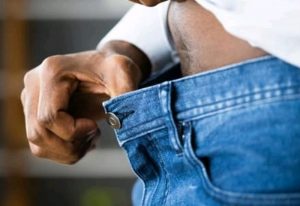By Godwin Owusu Frimpong
In a society that champions the principles of freedom of speech, where do we draw the line between frank discourse and outright disrespect? This question becomes critically relevant in the case of Afia Pokua, a media personality who recently found herself embroiled in controversy after making disparaging remarks about the Asantehene Otumfuo Osei Tutu ll and the Asanteman during a live talk show on Onua TV.
After facing fierce backlash from the Ashanti community, which included public outcry from sub-chiefs and queen mothers, Afia Pokua’s initial statements prompted her to issue multiple apologies—both on social media and in person at the Manhyia Palace. Accompanied by her colleague Mona Gucci and notable figures, she attempted to rectify her comments by kneeling before the representatives of the Asantehene, but her efforts were met with rejection.
Why was her apology deemed insufficient by Manhyia? How do we interpret the strong response from the Otumfuo’s representative, who stated, “Take your cursed self away”? Does this reflect a disregard for personal accountability under the banner of free speech, or is it a justified defense of cultural integrity?
What does this incident reveal about the state of free speech in Ghana? Are there real consequences for those who challenge cultural and traditional norms? As Afia Pokua’s case illustrates, expressing one’s opinion can lead to turbulent repercussions, especially when it involves esteemed figures rooted deeply in the nation’s history and culture.
The fallout from Afia Pokua’s statements and the subsequent refusal of her apology not only affect her reputation but also serve as a litmus test for the limits of free expression in a diverse society like Ghana. As debates rage on social media and amongst influential figures, it is imperative to ask—how do we balance the right to speak freely with the need to respect cultural values and figures of authority?
Afia Pokua’s situation may be a single case, but it serves as a microcosm of larger tensions within Ghana’s evolving landscape of freedom, respect, and accountability.
Godwin Owusu Frimpong




